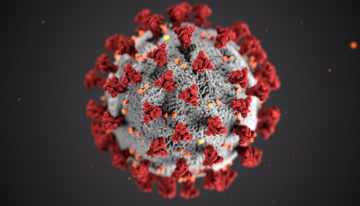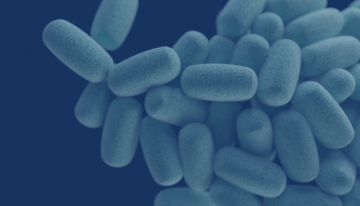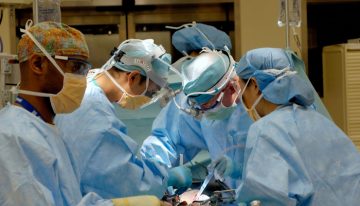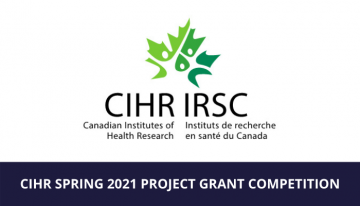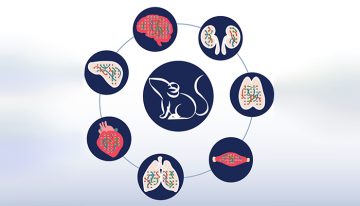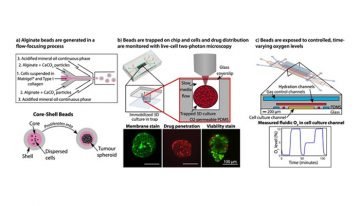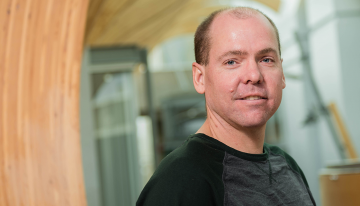Research
UBC-led researchers uncover how the novel coronavirus escapes a cell’s antiviral defenses
October 26, 2021
A UBC-led research team has uncovered how the virus responsible for causing COVID-19 escapes destruction in infected cells, allowing SARS-CoV-2 to persist and continue spreading in the human body.
Warding Off the Post-Antibiotic Era: Stimulating the Pursuit to Visualize a Common Antibiotic Target
October 21, 2021
In a paper by Caveney et al., the antibiotic-free structure of a penicillin-binding protein from the human pathogen Escherichia coli was determined using single-particle cryo-EM.
Developing microchip technology to better answer questions about the endothelial glycocalyx
October 14, 2021
The Kizhakkedathu Lab and their collaborators developed an improved method for studying glycocalyces by using microfluidic chip technology.
Cancer chemotherapy drug reverses Alzheimer’s symptoms in mice
October 5, 2021
A drug commonly used to treat cancer can restore memory and cognitive function in mice with Alzheimer’s disease symptoms, Jefferies Lab researchers have found.
Innovative coating for blood vessels reduces rejection of transplanted organs
August 9, 2021
Researchers have found a way to reduce organ rejection following a transplant by using a special polymer to coat blood vessels on the organ to be transplanted.
CBR researchers to investigate type 2 diabetes with CIHR Spring 2021 Project Grant
July 29, 2021
With this funding, project principal investigator Dr. Edward Conway, co-investigator Dr. Leonard Foster and their teams will study the role of protein CD248 in diabetes and adipose tissue health, an area of research that could aid the development of new therapies.
Dr. Andrew Shih pursues an innovative project for convalescent plasma process mapping and distribution with Canadian Blood Services funding
July 15, 2021
Dr. Andrew Shih and his team were recently awarded funding to study both the rollout of CONCOR-1 and distribution strategies for convalescent plasma throughout BC, with the aim of using this unique circumstance to apply learning to future pandemics and experimental trials.
Enhancing the Understanding of How Diseases Occur in One Organ But Not Another
July 2, 2021
An international team led by UBC researchers — including Dr. Leonard Foster and Michael Skinnider of the CBR — used proteomics to map how proteins interact, revealing how the same protein, expressed in two different tissues, can have dramatically different impacts.
Tiny Tumours and Oscillating Oxygen
June 10, 2021
Using 3D tumour spheroids, Dr. Karen Cheung and other UBC researchers sought to better understand how tumours behave within the framework of hypoxia and how they react to treatment – which is especially important, because hypoxia seems to hamper various kinds of therapy.
Cloud computing support accelerates COVID-19 vaccine improvements
April 14, 2021
For the last 11 months, UBC biochemistry and molecular biology professor Prof. Leonard Foster and his team have been studying how SARS-CoV-2 – the virus responsible for COVID-19 – attacks the human body, in hopes of developing a more targeted vaccine with fewer side effects.



